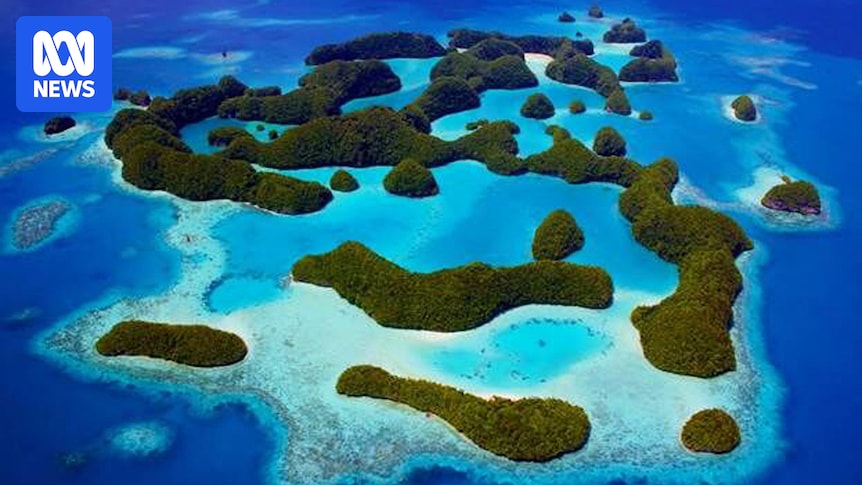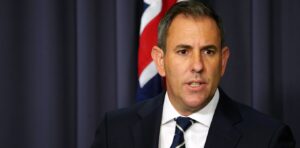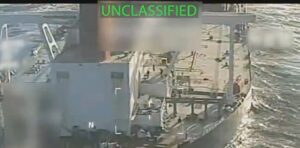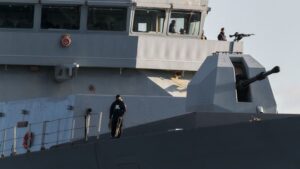
The United States is exploring a new agreement to send “third country nationals” to Palau, a small Pacific Island nation, as part of the Trump administration’s ongoing efforts to find offshore locations for individuals seeking protection in the US. This proposal is currently under consideration by Palau’s government, which has not yet finalized the arrangement.
Palau President Surangel Whipps Jr is consulting with the island nation’s Council of Chiefs regarding the proposal. In a letter to the council, Whipps emphasized that Palau would retain the right to decide whether to accept any individuals under this agreement, ensuring that all actions align with the country’s constitution and laws. “The United States strongly supports this proposal and has asked us to consider it,” Whipps stated in the letter.
Uncertainties and Potential Impacts
The specifics of the deal remain unclear, particularly whether it targets undocumented migrants or asylum seekers. Observers have noted that the term “third country nationals” is broad and could encompass various groups, including those seeking asylum in the US. Jose Sousa-Santos, convenor of the Pacific Regional Security Hub at the University of Canterbury, expressed concern over the ambiguity, questioning whether the individuals involved are illegal migrants, deportees, or asylum seekers.
Palau, with a population of just 18,000, is one of the smallest nations in the world and lacks the infrastructure to manage complex immigration cases. Experts warn that the country would need to develop legal systems and administrative mechanisms to process asylum claims in accordance with international standards. Danielle Watson, an associate professor at the Queensland University of Technology’s School of Justice, highlighted the challenges Palau could face, including potential strains on its limited resources.
Historical Context and US Relations
Palau, located approximately 2,200 kilometers north of Australia, is one of three Pacific Island nations with a “Compact of Free Association” (COFA) agreement with the US. This arrangement provides financial support to Palau in exchange for US military access to its territory. However, the COFA deal also limits Palau’s ability to negotiate independently, placing it in a difficult position when responding to US requests.
Historically, Palau has been involved in similar arrangements. In 2009, the nation agreed to temporarily house nine Chinese Uyghur asylum seekers who had been detained at Guantanamo Bay. The process, initially expected to be brief, extended over several years, leading to public resistance against similar proposals.
Expert Opinions and Future Prospects
Experts like Danielle Watson and Jose Sousa-Santos have voiced concerns about the proposed agreement’s implications for Palau. Watson pointed out that without guaranteed US support, Palau could face significant resource constraints, potentially overwhelming its social services and public facilities. Sousa-Santos noted that Palau’s COFA agreement with the US gives the latter considerable influence, making it challenging for Palau to refuse such requests.
Leilani Reklai, publisher of Palau’s Island Times newspaper, expressed shock at the US proposal, drawing parallels to past experiences with offshore processing facilities in Nauru and Papua New Guinea. Reklai emphasized the need for Palau to study these cases to understand potential challenges and outcomes.
Looking Ahead
The proposed deal with Palau reflects the Trump administration’s broader strategy to manage immigration by seeking offshore processing locations. This approach aligns with recent actions by the administration, including deporting migrants to countries like South Sudan and Eswatini and seeking similar agreements with other nations.
As discussions continue, the outcome of the proposed agreement remains uncertain. Palau’s decision will likely depend on further negotiations and assurances regarding the support and resources needed to implement such an arrangement effectively. The situation underscores the complex dynamics between small Pacific nations and larger powers like the US, highlighting the challenges of balancing sovereignty with international obligations.





